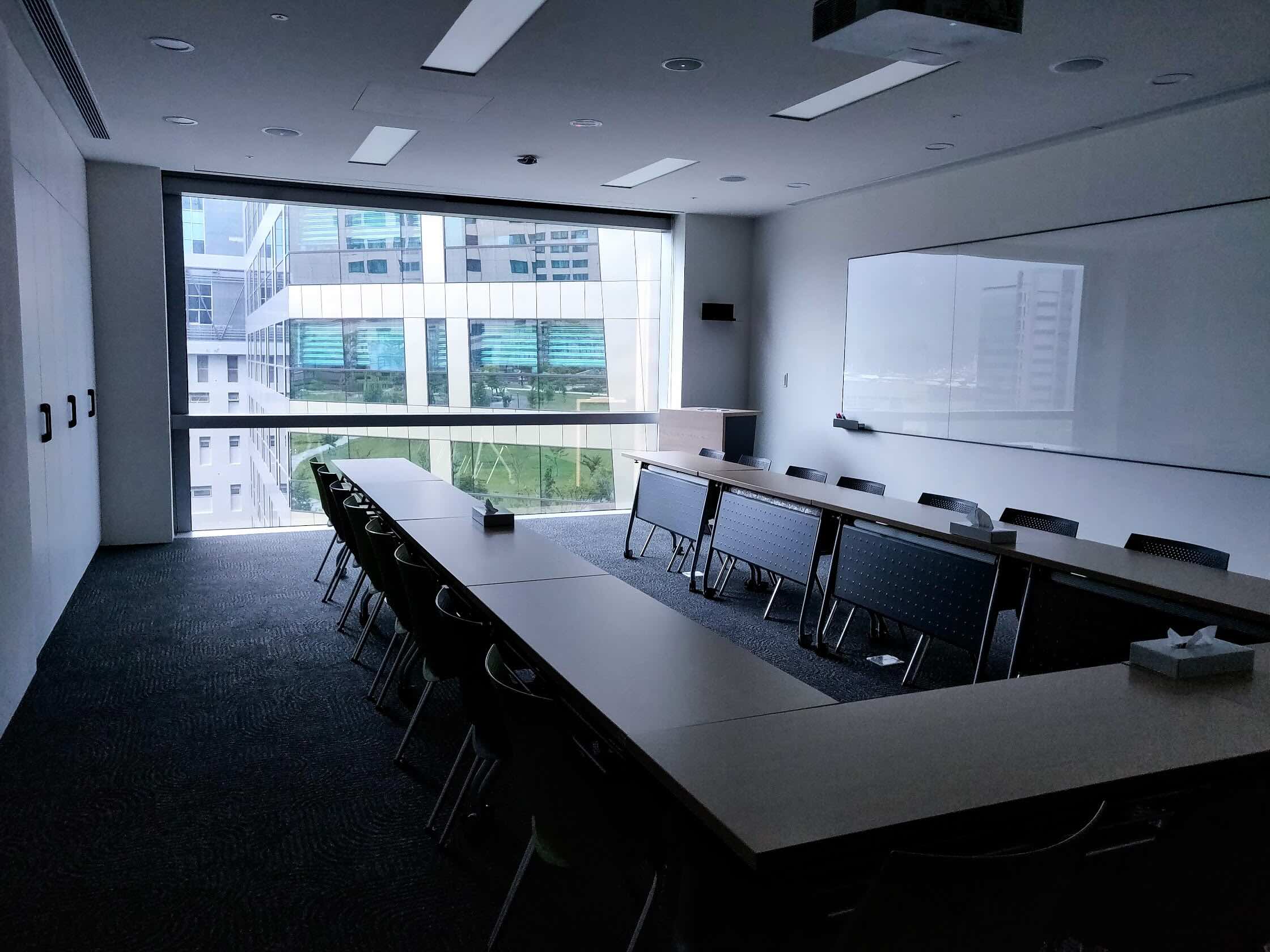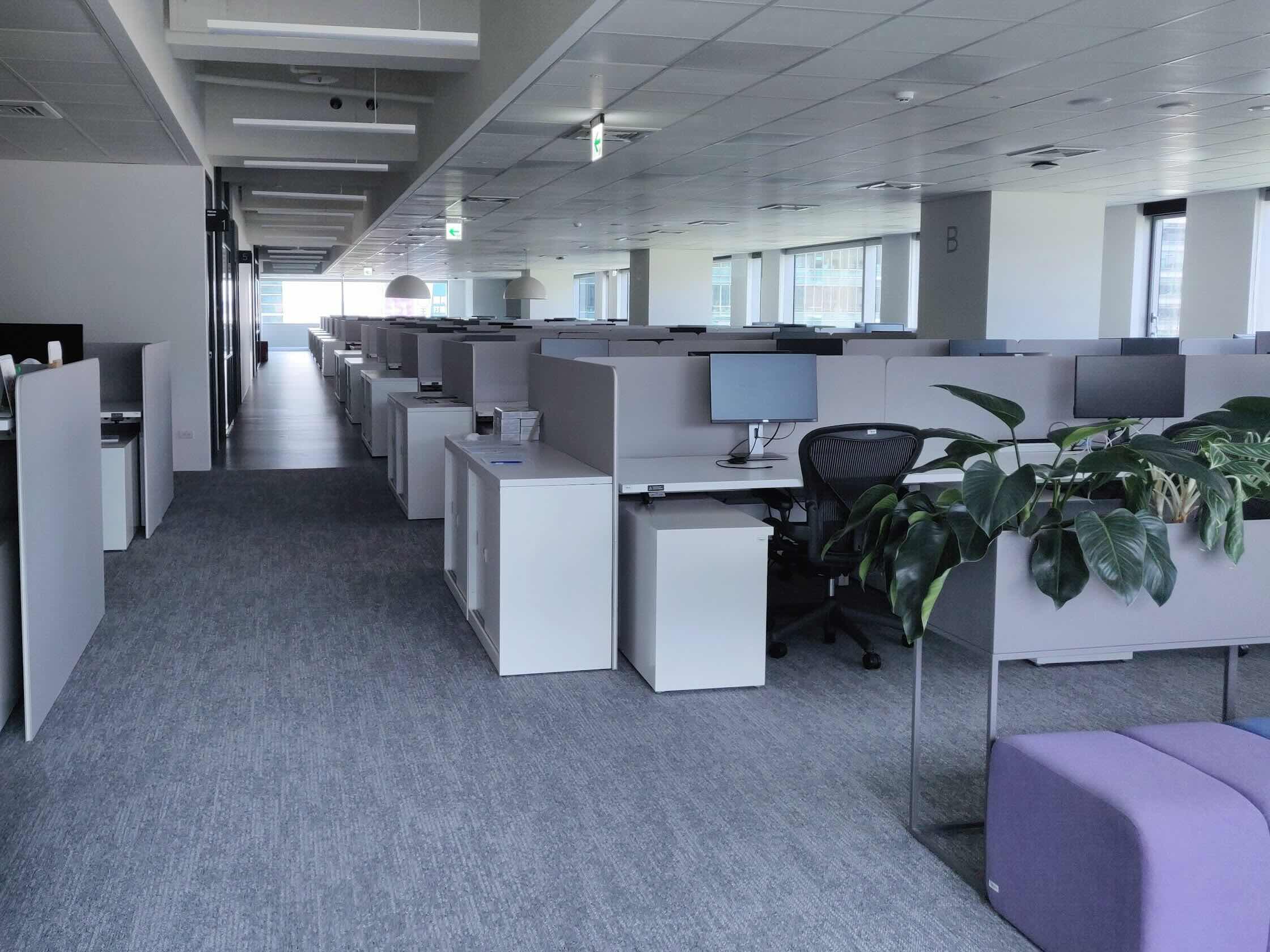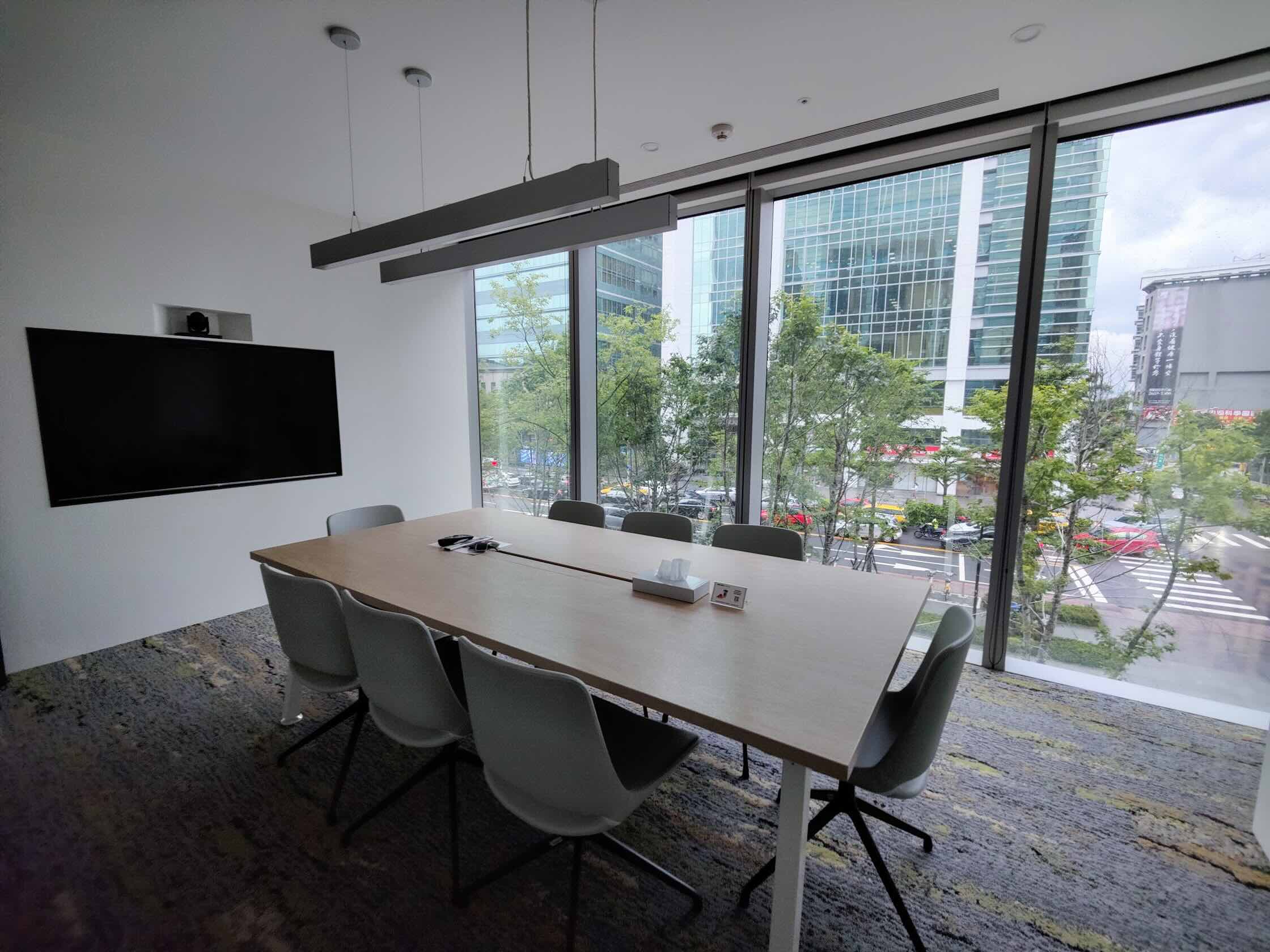
In the last year of my college life, I worked at LINE Taiwan as a backend engineer intern for a total of 10 months.
How it started
After the summer internship at Yahoo, I immediately joined LINE as a long-term intern. The role was actually for one year, from July 2022 to June 2023, but since I already got the Yahoo offer before even applying for LINE I delayed my start date to Sep 2022. So it became a 10-month internship, still pretty long.
For the interview see this post.
What I get
I got transformed into a legit software engineer through this internship. I got to develop some features that were all used in production during my stint in Rushpay but the dev process was really amateurish. Only through this internship did I really learn the real software development lifecycle, including the git feature branch workflow, unit testing, and monitoring. And in Yahoo, I got to experience a bit of the internal infra of a big software company, but only through this internship did I really gain full hands-on experience in them, such as the various platforms in different aspects of the DevOps cycle.
I was involved in a total of 3 projects during my stay, and I learned so much in each of the projects. In my first project, which was related to facilitating the verification of the official accounts on LINE chats, I got to learn the dependency injection, Go’s interface & struct, and the backend structure of a Go repo. In the second project, LINE’s 2022 Sticker Review, I learned the whole CI/CD process, how microservices actually work, concurrency programming in Go with Goroutine, and Redis. In the final project, we were building an internal platform as a central hub for the projects in Taiwan. During it, I learned more about the internals and quirks of Go, a more rigorous version of REST API’s design rules, and Grafana alerts.
I was really fortunate to gain these precious development experiences as an undergrad.
Backend & Go
The team I joined used Go for all the backend development, so I finally got to learn this really trendy language. I had never participated in developing large-scale projects in statically typed language before (Rushpay used PHP and I mostly used Python for personal development) so I was a bit confused at the start, but after the beginning phase I started to appreciate it. It was really so much more scalable and maintainable to use a statically typed language for serious projects. Despite being a statically typed language, Go is simple and elegant unlike C/C++ and Java, which is a huge plus. The VsCode extensions also handle the dependencies very well. I can just code whatever I want and when I press save, all the required dependencies are automatically imported and added to the dependency file (go.mod). Truly amazing.
DevOps
Apart from the regular backend development work, I also got a huge knowledge and experience boost in DevOps. I got to be in charge of the CI/CD pipelines in one of the projects and I learned so much from it. I still remember the enlightenment the moment I finally realized how microservices actually worked.
What I hate
Despite all these, I still didn’t quite like this company. Here’s why.
Culture
First of all, the culture is still pretty Eastern Asian. It’s a Japanese company with South Korean origins in Taiwan, pretty much the worst combination it can possibly get. There were so many trivial rules and the upper-level management loved to micromanage.
The Office
They were also very stingy compared to US companies like Yahoo. They give interns old and heavily used MacBooks, and the snacks weren’t exactly free. They had vending machines selling drinks and snacks in each floor and you only get $250 NTD each month as an intern (FTEs get $500 which is still 🥜). Also, they did not offer lunch, which was really ridiculous IMO. In Yahoo, there was no kitchen as the building it was in didn’t allow cooking, but they at least offered a wide variety of store-bought lunchboxes, from healthy bentos to pasta to fried chickens. So at LINE every noon we had to go out seeking lunch in the crowd (it’s a business district so everyone swarms out at noon for food).

The office itself wasn’t really bad, but compared to Yahoo it was kind of bad, There were only mobile seats so we couldn’t leave anything in the seats, and the locker supply was smaller than the headcount. There were no panels between seats in the same row, and the partition between two rows sharing the same table facing each other was super short, so there was minimal privacy. There was also only a 27"-ish external monitor on each seat. Coming from Yahoo with ultrawide available in your designated seats with high panels separating you from other seats, was a disappointment.

I do like the Japanese decoration style, simple, elegant and cozy, but I would still prefer the big, spacious and laid-back American style if I could choose.

Internal tools
Previously I mentioned them having a good set of internal tools and platforms, but it actually still lacked a lot of important ones. The most ridiculous one was that they did not have a central key management system, so people would just put secrets in the wikis and code repos and sometimes use some weird tricks like git-crypt to encrypt them, or not. I also found it hard to believe that they did not have an incident management system like ServiceNow, so for my last project there I was actually involved in building one ourselves, which was super rtarded. They really loved to reinvent the wheels for no reason. Another example of this was that they didn’t use the Microsoft or Google office suite like everyone else but their own self-developed system, including the email & calendar system. They were fine but the UI & UX was very Japanese which I was never a fan of.
English proficiency
Another major complaint of mine was the language used in the company. It’s an international company spanning from Japan to South Korea to Taiwan to Thailand to Vietnam and some other SEA countries I think, but all the Japanese and Koreans would just use their own languages on Slack and Confluence. Taiwanese also used Chinese on Slack but on Confluence and Github it’s always English, which may sound great, but it was actually miserable because 90% of the English was so fucking bad. They were basically just randomly putting English words together without worrying about the grammar. I cringed every time I saw them.
Since our team consisted of both Taiwanese and Vietnamese, I would have to watch them throwing poor English at each other in meetings and on Slack. Really painful to watch.
HRs
A final minor complaint of mine was the HRs. In town halls, almost no one asked spicy questions, and even if they did the HRs always answered exactly nothing at all. Great job honestly, because that’s like what an HR or a PR person is supposed to do. On the other hand, I saw a lot of spicy questions in Yahoo’s town halls, so it was definitely related to the disgusting traditional hierarchical culture of Eastern Asians.
Disclaimer
Keep in mind that although I stayed there for 10 months it was still barely a year I was only an intern, so take my reviews with a grain of salt.
The bottom line
Overall it is definitely a hugely positive experience just from what I learned technically from the internship. I did not like the culture and vowed to not step inside an Eastern Asian company again but if the offer is good I wouldn’t care about it that much tbh, at least in my early career.